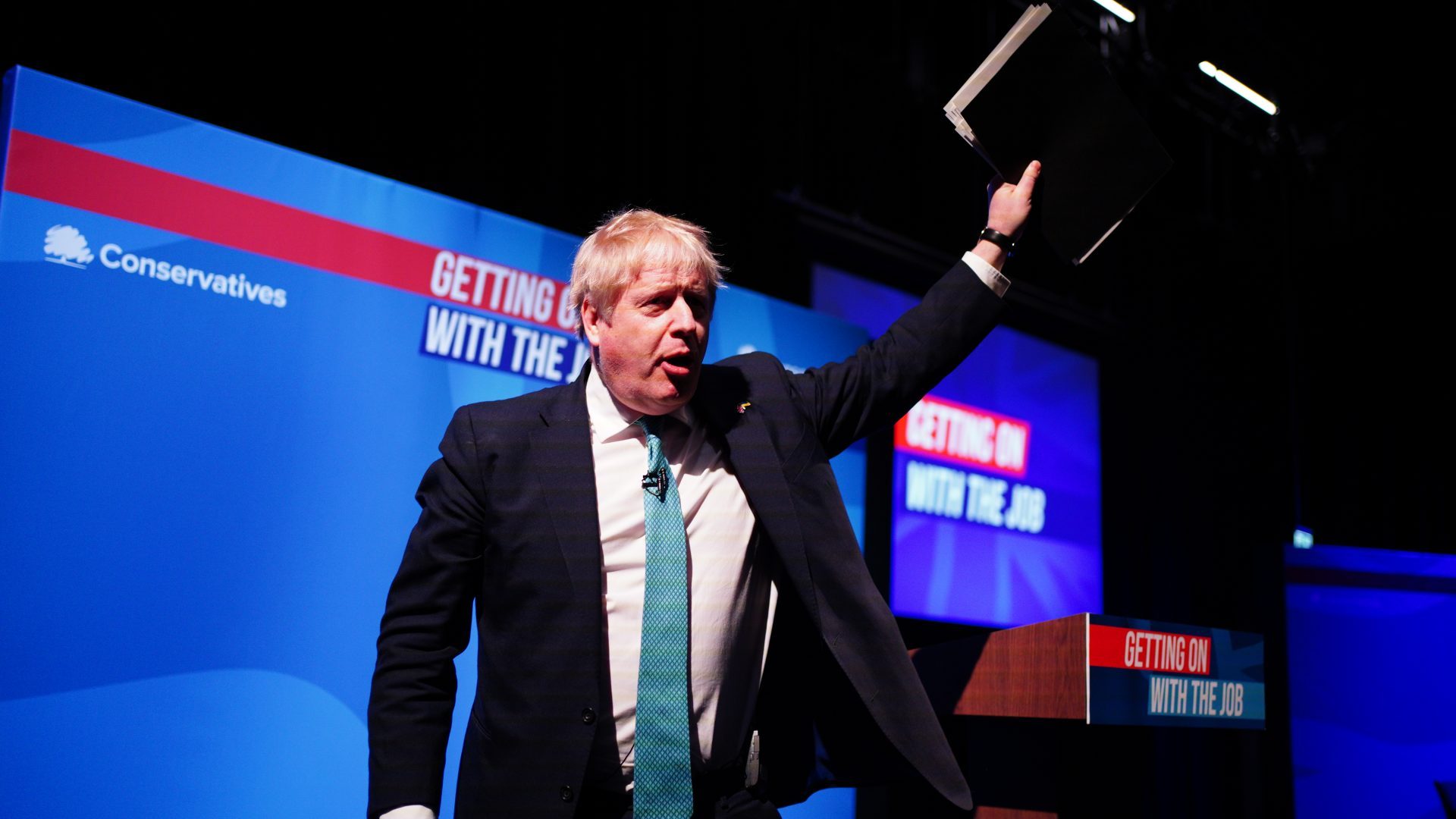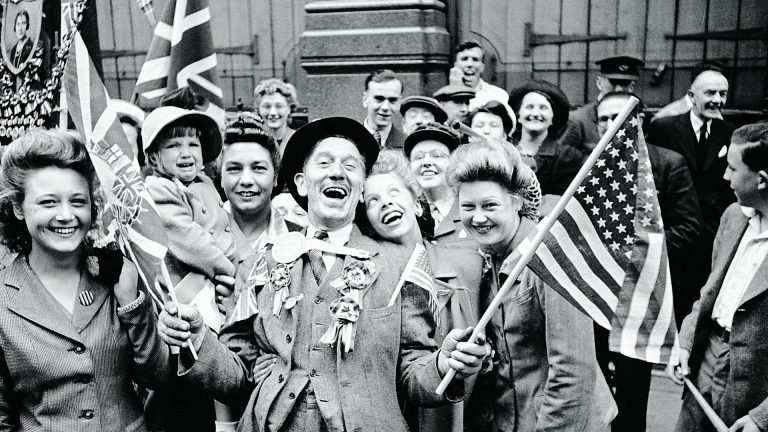The picture of the Brexit campaign that emerges from Anthony Seldon’s new book Johnson in No.10 is extraordinary and deeply troubling – but not really very surprising.
In extracts published by the Times, Boris Johnson comes across as exactly the sort of disorganised, egotistical guff-cloud of contradictory statements and broken promises that he has appeared to be all along. Behind the curtain, it seems, Johnson is exactly who you think he is.
Seldon’s book also confirms Johnson’s fundamental wobbliness over Brexit. Having thrown in his lot with the Leave campaign, and having helped lead it to victory, the book tells us that a “distraught” Johnson was “ashen faced,” when he heard the referendum result. “Oh shit,” he said. “We’ve got no plan.”
As Johnson left his house in north London, the book describes how the waiting crowd thumped on the roof of his car. The book goes on: “Those who knew Johnson intimately say they had never seen him more frightened and dismayed than at this moment of triumph.”
Most readers of these pages will not be shocked to hear that the most high-profile Brexit campaigner of them all never really thought it would happen, or that he was reduced to stunned, horrified silence on learning the result. As for the fact that he had no plan, well, for anyone who has been paying attention for the last seven years, that will also come as little surprise.
So why did he throw in his lot with a political project he never really supported? Seldon quotes a former colleague of Johnson who suggests that it was nothing more than careerist calculation. To back the Leave campaign – to become its face – was, in Johnson’s view, a win-win situation. If Britain then voted to remain in the EU then Johnson, though defeated, would have become the Tory party’s leading eurosceptic. If Britain left the EU, then he would become the triumphant candidate for No.10. In other words, Johnson’s entire involvement with the Brexit campaign was based on nothing but cynical self-interest. Again, most readers of The New European will not find this much of a surprise.
But what is shocking about Seldon’s account is not so much to do with Johnson, but with the wider Brexit project – that huge scrum of europhobe backbenchers, ministers, members of the ERG, think-tankers, talk radio hosts, culture warriors and their financial backers, who with complete confidence assured the public over and over again that Brexit did in fact offer a clear route to success. There was a plan, they said. There was a deal. Not only was there a deal, but that deal, they assured us, was “oven ready”. And anyone who said otherwise, who pointed out that there appeared to be no plan, was dismissed as a member of “project fear”, or or being a tiresome “remoaner”.
Despite all evidence to the contrary, a huge number of people went along with the Brexit fiction, arguing that it would all be straightforward. Almost all of them will have done so in the knowledge that it was nonsense. There was no plan. The ERG didn’t have one. Farage didn’t have one. Johnson didn’t have one. If any of the think tankers, or self-styled intellectuals of the new right who attached themselves to the upward thrust of the leave campaign had any sort of post-Brexit plan, they didn’t share it either.
Johnson has made a career out of grabbing the attention of the electorate. An ostentatious political extrovert by nature, he’s always had a nose for the limelight. But, although the revelations in Seldon’s book focus on Johnson, the implications go much wider than one man alone.
They are a reminder of that disturbing truth – that if you say it enough times, if you say it in the right way, if you are reassuring, if you are funny, confident and famous, if you are all of those things, then it doesn’t matter whether what you are saying is actually true. The uneasy moral of this story is that, if you are charismatic enough, people can be made to believe anything.











